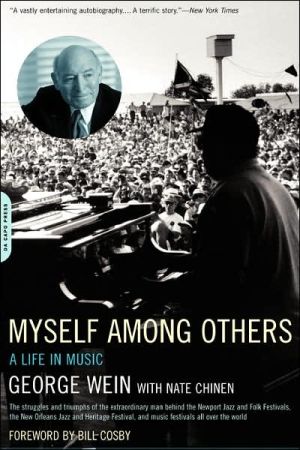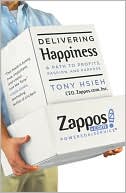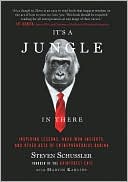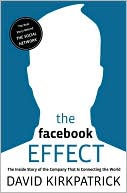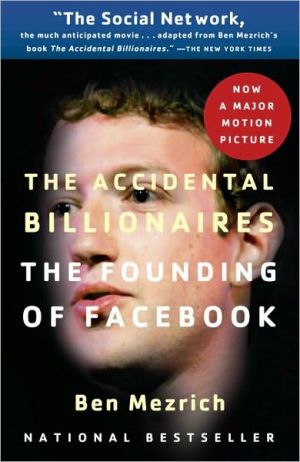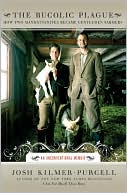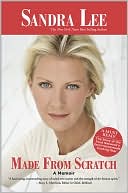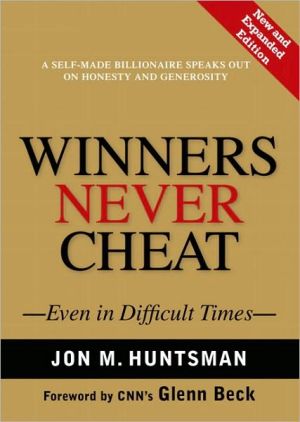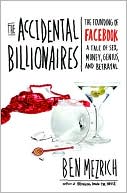Myself Among Others
No one has had a better seat in the house than George Wein. The legendary impresario has known the most celebrated figures of music in general and jazz in particular--from Duke Ellington to Ella Fitzgerald to Miles Davis to Frank Sinatra. As a founder of the Newport Jazz Festival, the Newport Folk Festival, and the New Orleans Jazz and Heritage Festival, Wein has brought a dazzling spectrum of musicians to millions of fans, forever changing the musical landscape.In this highly praised memoir,...
Search in google:
A terrific new, can't-put-it-down autobiography (New York Observer) by the extraordinary man who pioneered music festivals in Newport, New Orleans, and around the world Boston Herald Wein rates as one of the best friends jazz and folk music ever had.
\ Austin ChronicleGeorge Wein is one of the most successful of all music producers...[his] story is inspiring.\ —6/6/03\ \ \ \ \ New York SunOne of the most illuminating works yet published on the elusive topic of the business side of jazz.\ —6/17/03\ \ \ New Orleans Times-PicayuneA brilliant, up-close and personal survey of popular music during the past 40 years..fearless, inventive and funny.\ \ \ \ \ Wall Street JournalA hugely enjoyable memoir.\ \ \ \ \ Buffalo NewsA memoir crying out to exist...this will be a primary source of musical and personal information for decades, generations, perhaps even centuries, to come.\ \ \ \ \ Boston HeraldWein rates as one of the best friends jazz and folk music ever had.\ \ \ \ \ Hartford CourantThis book is entertaining, informative, funny, sad and sometimes deeply serious. An invaluable slice of American cultural history.\ \ \ \ \ Providence JournalA sprawling mix of biography, anecdote, philosophy, hard-won lessons and musical history.\ \ \ \ \ All About Jazz[Wein] employs an impressive literary style, proving himself as skillful in the world of print as that of music promotion.\ \ \ \ \ Offbeat[Wein] has been on the front lines of the cultural over notions of "authenticity" in music and culture.\ \ \ \ \ The Los Angeles TimesWein's Myself Among Others unfolds the panorama of a miracle: how the music of black America began as a rural folk-entertainment, catalyzed by an exploding technology, that interacted with white Protestant church music, Broadway musical theater, popular songs, European concert music and the ethnic music of every continent. Despite virulent prejudices — racial, social and academic — jazz quickly evolved into a highly complex and diverse art that, in one guise or another, became the first universal language to bless this beleaguered planet. George Wein played no small part in helping to bring this miracle about. — Grover Sales\ \ \ \ \ NPRHis name is as synonymous with jazz as many of its leading artists.... And now after over fifty years in the business, he's telling his story.\ \ \ \ \ New YorkerAn imaginative and invincible man.\ \ \ \ \ DownbeatA substantial book...remarkable for its detail and empathy for the artistic life.\ \ \ \ \ JazzbeatA beautifully produced book...a wonderful read...will be of value as a reference for years to come.\ \ \ \ \ Publishers WeeklySeventy-eight-year-old pianist, vocalist and jazz impresario Wein is one of the key figures responsible for polishing jazz's image, as he charted new directions and gained respect for the music by creating such vibrant venues as the Newport Jazz Festival. While doing so, Wein, who is white, also confronted and helped change the face of racist America. Wein and Chinen present the story of a 50-year career with smooth transitions, mellow flow and continuity. From his Boston beginnings as a teenage professional pianist and his WWII experiences, Wein segues into his postwar nightly gigs and college graduation. In 1950, he opened a Boston jazz club, Storyville, and soon launched a record label. But why jazz amid Newport's bygone Gilded Age architecture? It began with wealthy Elaine Lorillard's 1953 comment to Wein, "Oh, it's terribly boring in the summer. There's just nothing to do." Wein recalls, "I didn't even know what a jazz festival would consist of.... I had no rule book to go by." He juxtaposes his memories of early Newport triumphs, conflicts, disasters and riots with source material. These recollections bring the central core of the book to a crescendo, along with backward glances at other festivals, including New Orleans's JazzFest, where the "long-lost career" of Professor Longhair, a forgotten founding father of Big Easy R&B, skyrocketed after Wein brought him back from total obscurity in 1971. Wein's experiences with musicians, from Miles to Mingus, make this an important, valuable addition to the jazz history shelf. It's a fact-filled, melodic memoir, swinging with emotion and energy. Photos not seen by PW. (June) FYI: The book's launch coincides with Wein's appearance in recent re-airings of Jazz, Ken Burns's PBS documentary, and this year's JVC Jazz Festival, which Wein brought to New York City more than three decades ago. Copyright 2003 Reed Business Information.\ \ \ \ \ Library JournalJazz pianist, club owner, promoter, and impresario extraordinaire Wein here recounts his numerous encounters with some of the most significant jazz musicians of the 20th century. Founder of the Newport Jazz Festival and other prominent jazz and folk festivals around the world, he made his first foray into the music world with Boston's Storyville club in 1950. From there, he went on to work, travel, fight, perform, organize, and converse with the likes of Duke Ellington, Benny Goodman, Sarah Vaughn, Charles Mingus, Thelonious Monk, Louis Armstrong, Pete Seeger, and Miles Davis, to name a few. Wein also provides a keen and sobering insight into the business end of jazz music, detailing his work with festival boards, cities, towns, artists, and corporate sponsors. This important and fascinating memoir is well written and easily worth the price. Highly recommended for all public and academic libraries and essential for libraries with significant jazz collections.-James E. Perone, Mount Union Coll., Alliance, OH Copyright 2003 Reed Business Information.\ \ \ \ \ Kirkus ReviewsGarrulous memoir by the music promoter and club owner who brought jazz to the masses through the Newport Jazz Festival. "I was fortunate enough to have an older brother who set a precedent for underachieving," writes Wein. We were all fortunate. His brother liked the jazz clubs on 52nd Street more than the classroom, and he brought young George along, nurturing in the boy a love of Art Tatum, Hot Lips Page, Thelma Carpenter, and Frankie Newton. In 1950, Wein opened a club in Boston called Storyville and launched a half-century of jazz promotion. In plain, if at times serpentine, prose ("I think that even after these short moments I thought that perhaps our lives would become permanently intertwined"), Wein tells of ushering practically every jazz musician alive through Storyville’s doors and bestows a little story upon each: Billie Holiday, Ella Fitzgerald ("I developed a blister on my middle finger from snapping to the beat"), Charlie Parker, Lester Young, George Shearing. From these associations he was able to patch together the Newport Jazz Festival, a terrific fusion of art and pop, elusive and foot-tapping that was forever in one form or another of trouble: financial, legal, critical. Wein promoted ferment as much as music; he introduced rock into the jazz festival in 1969 ("Led Zeppelin’s performance was a wall of pure energy") and electricity into the Newport Folk Festival--another of his brainstorms--in 1965, with Paul Butterfield and Bob Dylan. He managed to infuriate both jazz purists (Nat Hentoff thought Newport was crassly commercial) and folkie diehards: when Dylan launched into "Maggie’s Farm," Wein writes, "the prevailing feeling among the crowd was a sense that they hadbeen betrayed." It was also history, and he invites readers to walk along at his side as he made it. Wein is eye-crossingly voluble, but he does have a lot of stories, perspectives, and music history to get off his chest.\ \
